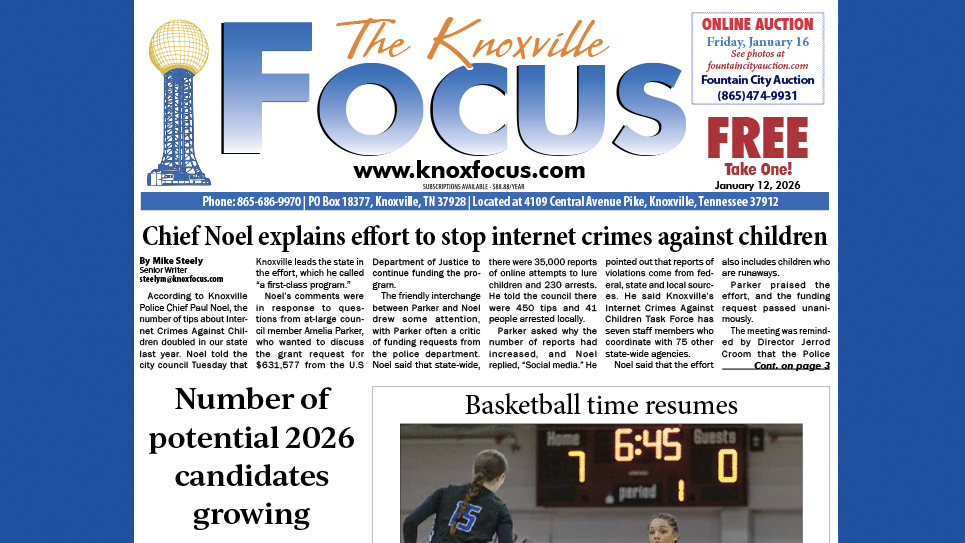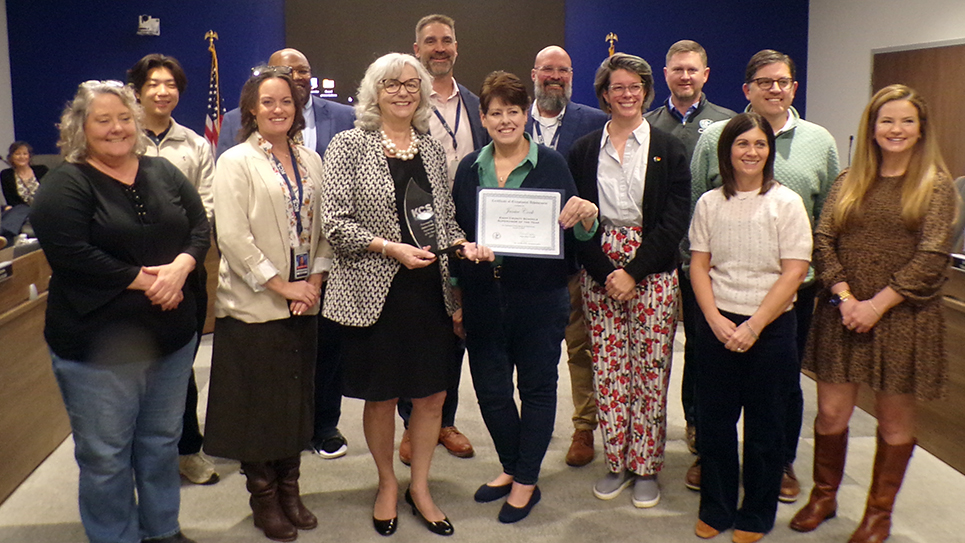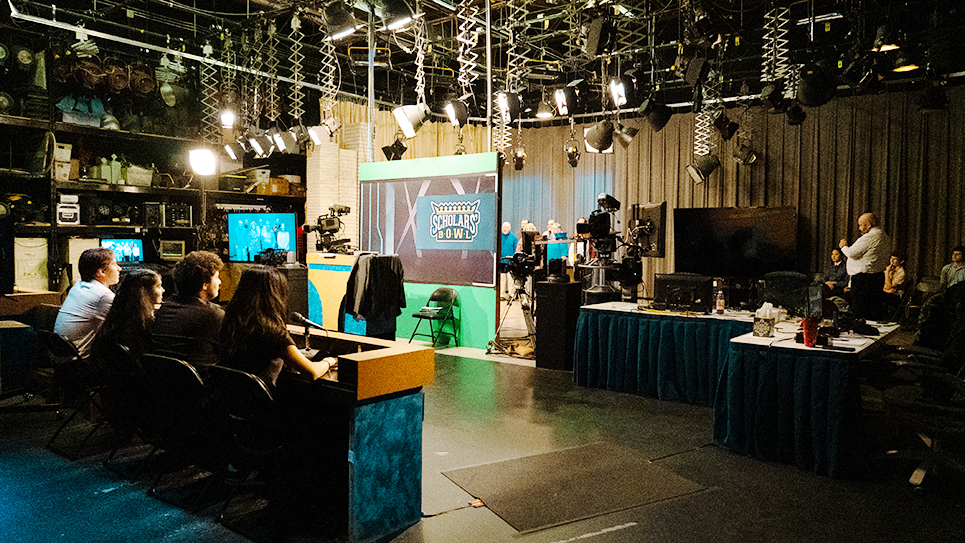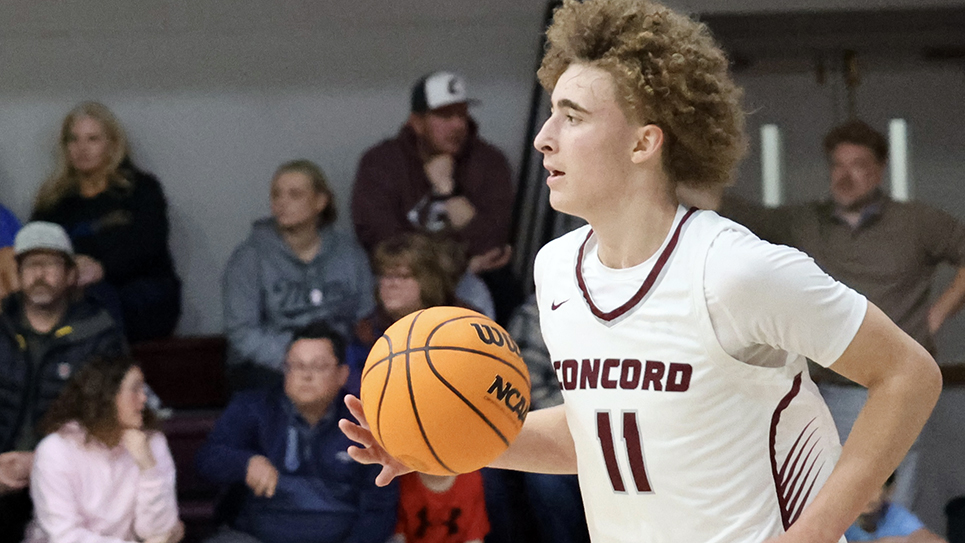KCS Superintendent Jim McIntyre presented an ambitious set of preliminary budgets at last Wednesday’s Board of Education Meeting. Included for discussion were the preliminary FY 2017 General Purpose Budget, Capital Improvement Plan, the Plan for Spending Accumulated Capital Savings, and the School Nutrition Fund Budget.
According to the 2015 MOU between the County Commission, the Mayor of Knox County, and the Knox County Board of Education, “the Board of Education shall strive to propose budgets through Fiscal Year 2019 within revenue projections provided by the Knox County Finance Department and agreed upon by the Schools’ Finance Department.”
The KCS FY 2017 Projected General Purpose Fund Revenues shows an increase from $438 million in FY 2016 to $453.5 million for FY 2017. The County is projecting increases primarily in local taxes ($6,067,000), and in the State Basic Education Program (BEP) allocation ($13,678,000). Combined with some projected revenue decreases (property tax projections, operating transfers, etc.) the net increased revenue is $15.5 million, or a 3.54% increase over the current budget.
Of course, at this time the revenue numbers are only estimates. Both sales tax projections and State BEP funding can change several times between now and the start of FY 2017. But the preliminary general purpose budget meets, and does not exceed, the projected revenue at this time.
The big ticket item in the proposed general fund budget is approximately $12 million for educator salaries and benefits. This includes a 3% salary increase for teachers, maintaining current percentages paid by employees for health insurance, and offering Worker’s Compensation to certified employees for the first time. A 2% salary increase for classified employees is also proposed.
Other highlights of the general purpose budget include: $56,000 to support the work of the Disparities in Education Task Force; an increase of $1 million in student transportation funds, and sustaining KCS’s Personalized Learning Environment (PLE) effort and initiating a comprehensive instructional technology at the high school level.
Along with revenue increases, fixed (i.e., non-discretionary) costs are also rising. Dr. McIntyre noted that fixed cost increases associated with the second year of Emerald Charter Academy are significant as planned increases in enrollment and increased per pupil amounts add nearly $1 million to the FY 2017 budget.
McIntyre and several Board members praised the commitment to enhancing teacher and staff compensation, noting how critical this is to retain and recruit quality educators. Dr. McIntyre’s budget memorandum states, “This is a clear priority established in our strategic plan, and reinforced in our collaborative conferencing MOA with our professional educators.
Yes, except that the MOA called for a 4% raise in each of the fiscal years 2014-15 through 2016-17. Teachers received a 2% raise last year, and a proposed 3% raise this year. Which means, as Lauren Hopson, KCEA president, pointed out, that teachers are already 3% behind what was agreed to in the MOA
The proposed increase of $1 million for the student transportation program will primarily be used for increased financial compensation for bus contractors and drivers. After the series of bus wrecks, injuries, and even fatalities over the past two years, we certainly hope that the “additional requirements and expectations” for which contractors and drivers are being fairly compensated will make a difference.
The proposed FY budget also includes several reductions and reallocations, including the TAP System (formerly the Teacher Advancement Program) which was funded by the $25 million federal Teacher Incentive Fund, APEX Strategic Compensation, and the first year phase out of the Mayor’s reading initiative (as agreed to in the 2015 MOU).
A two-year Capital Improvement Plan (CIP)was presented. The $71.25 million proposed in the FY 2017 CIP includes the largest increment of funding for the new Gibbs and Hardin Valley Middle Schools, comprising $58 million. Also included are Physical Plant Upgrades, critical roof projects, and HVAC maintenance and replacement.
At this point, Tracie Sanger became emotional to the point of tears over Inskip Elementary being passed over once again, while “almost $5 million is proposed for physical plant upgrades and roof HVACs.” She asked if those needs are imminent, because she feels that Inskip needs to be addressed this year.
Terry Hill pointed out that as Board members, “We all have an Inskip…Your Inskip is my Norwood.”
Patti Bounds said, “We can all sit her and make a case for our school or our district, but what we have to look at is the overall Knox County, and I’ve heard that from the Board over and over – we represent all of Knox County… My district leads all districts in the number of portables… Some of the portables originate from Oak Ridge, back when the atomic bomb was built.”
She added that Emory Road is “getting ready to explode” (in growth) saying, “There is no room for any of these kids at Adrian Burnett, Copper Ridge, or Powell Elementary. Adrian Burnett has been on the Capital Improvement Plan and moved down for over 20 years.”
Karen Carson said, “I will state the obvious irony we are having in this discussion right now, is that this all could have been prevented last year. But this Board chose to spend $50 million on two new schools rather than address the needs of the current schools.” She asked Dr. McIntyre to “have available for us a draft that will show us the impact if we are to address Inskip now, how will that impact all the rest of the Capital Plan for the next two to three years.”
The Board will take up the Budgets at a Special Call meeting on April 13 at 5 p.m. in the AJ Building Board Room. All supporting documentation can be downloaded from the March 23 Board meeting agenda, available here: http://agenda.knoxschools.org:8085/agenda_publish.cfm.






